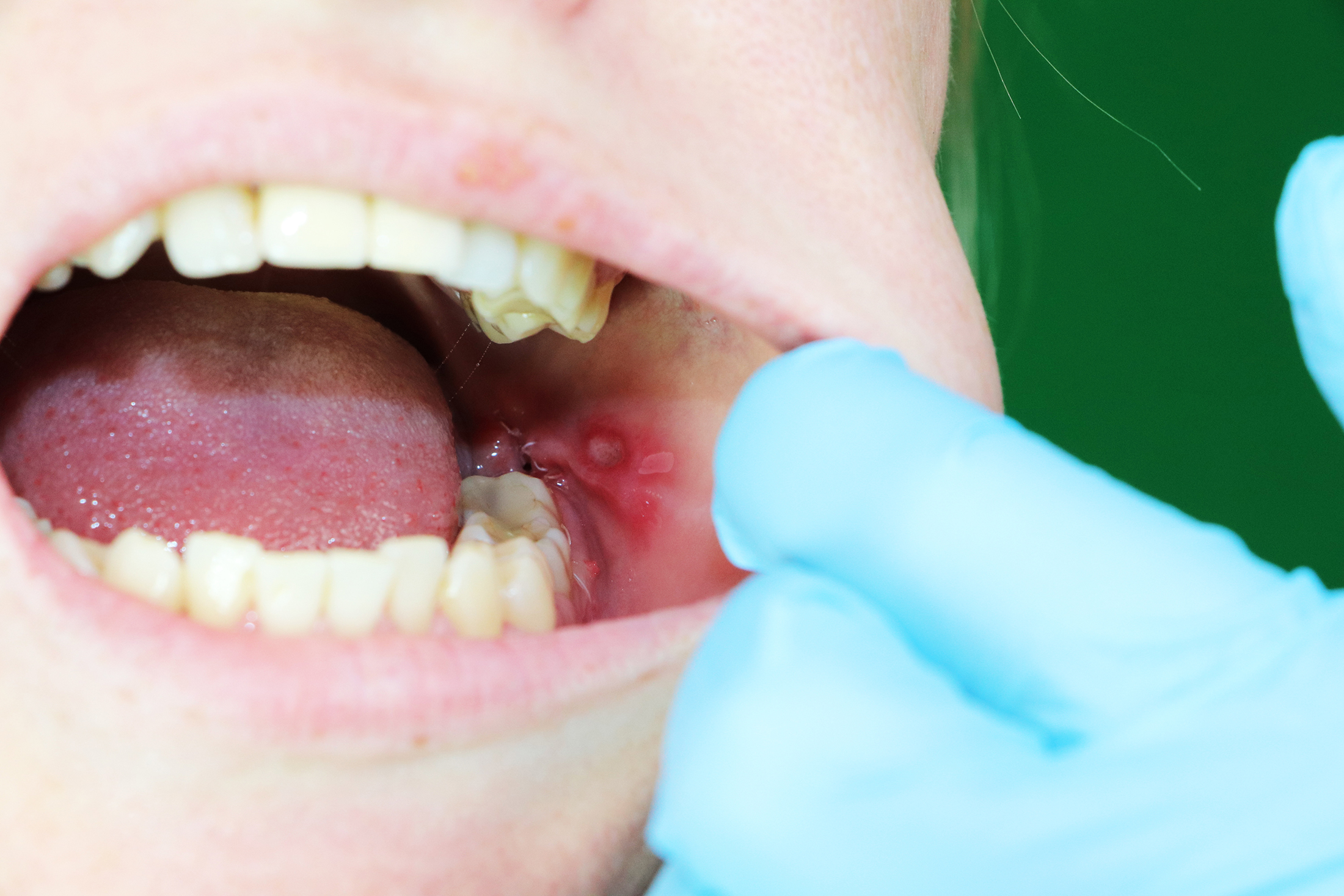Can you test for oral herpes?
Published 2024-01-12 19:32 by Nordictest
The short answer is that you can absolutely test for oral herpes. This form of herpes is caused by herpes simplex virus type 1, also known as HSV-1. Many times, doctors will diagnose oral herpes simply by looking at the symptoms. But if you want to be completely sure, you can actually test yourself with a home test for herpes.
The test we offer has a 98% reliability and works for both HSV-1 and HSV-2 (read more about the differences below).
How Can I Test for Oral Herpes?
As mentioned, a doctor can diagnose herpes by looking at your symptoms, such as sores and blisters around the mouth. But if you want to confirm this diagnosis, there are several different ways to test.
Some examples include:
-
PCR Test. This testing method can detect very small amounts of the virus's DNA in a sample taken from a sore in or around your mouth.
-
Virus Culture. It's also possible to take a sample from a mouth sore and then culture the sample in a laboratory to see if the herpes virus grows. However, this test is not as effective as the PCR test.
-
Blood Test. With a blood test, it's possible to detect antibodies against HSV-1. When these antibodies are present in the blood, it indicates that the person has been exposed to the virus. However, it's important to understand that the blood test will not show when the infection occurred or whether the symptoms you have at the time of the test are due to herpes.

How Does a Blood Test for Herpes Work?
The test we offer will test for both HSV-1 and HSV-2, and it's easy to perform at home. You'll receive a test panel with a sample well where you'll need to drop 3 drops of blood. After you've done this, you just need to wait between 15 and 30 minutes to get the results. Note that you shouldn't wait longer than that, as the test result may become inaccurate.
What Is the Difference Between Oral Herpes and Genital Herpes?
It may seem a bit confusing that you can test for both oral herpes and genital herpes with the same test. Aren't there differences between these viral infections? Yes, there are, but we must remember that both are caused by the herpes simplex virus, abbreviated as HSV.
The difference lies in which part of the body is affected and which strain of the virus is involved.
Oral Herpes (Herpes Simplex Virus Type 1)
This form of herpes is caused by HSV-1 and is characterized by sores and blisters around the mouth and on the lips. These sores are sometimes called cold sores as they often occur in connection with a cold.
Transmission occurs through direct contact with a person who has lesioned skin. This can happen through saliva or when sharing items that come into direct contact with sores and blisters, such as lip balm, glasses, and utensils.
Genital Herpes (Herpes Simplex Virus Type 2)
Genital herpes is caused by HSV-2, but it should be noted that HSV-1 can also cause genital herpes, for example, through oral sex. Symptoms include sores and blisters in the genital area, as well as on the buttocks and the inside of the thighs. This type of herpes is transmitted through sexual contact.
Test Yourself for Herpes at home with a simple rapid test from Nordictest. Our home test for herpes provides results in just 10 minutes.
What Do the Two Variants of Herpes Have in Common?
They are both chronic conditions. If you get infected, the virus will remain in your body, where it can cause outbreaks from time to time. As for treatment, it's difficult to treat both oral and genital herpes.
There is no direct cure, but doctors can prescribe antiviral medications to reduce symptoms and the risk of spreading the virus to others. Recent research may lead to better treatment for HSV-1 and HSV-2 herpes infections.
With a new focus on the physical mechanism that shoots the herpes virus's DNA into the cell's nucleus, it may be possible in the future to use molecules to block the virus and reduce DNA pressure.

What Could It Be If It's Not Oral Herpes?
Are sores and blisters on and around the mouth always herpes? In fact, there are other health issues that can cause similar symptoms, so it's not a bad idea to test to confirm if it's really HSV.
Examples of other conditions include:
-
Canker Sores (Afta) – These are small and painful sores that can be found inside the cheeks, on the lips, under the tongue, and on the gums. The cause is unknown, but we know that these sores are not caused by a virus and are not contagious.
-
Impetigo – This is a skin infection caused by bacteria such as streptococcus or staphylococcus. The infection can manifest as blisters and sores around the mouth and nose. Impetigo is highly contagious.
-
Contact Dermatitis – Eczema and allergic reactions can appear as blisters and redness on the lips and around the mouth. This is not contagious.
-
Hand, Foot, or Mouth Disease – Coxsackievirus can cause a disease that presents as mouth sores and rashes on the hands and feet. This viral disease is quite common among young children.
-
Lichen Planus – This is a chronic inflammation that can affect the skin and mucous membranes, leading to sores and white streaks.
-
Pemphigus – This is a rare autoimmune disease that can result in mouth sores.
-
Vitamin Deficiency – If you have a deficiency in B vitamins, iron, and zinc, it can lead to mouth sores.
-
Candida – Candida is a fungal infection that can cause sores and white spots in the mouth, especially in individuals with weakened immune systems.
If you test for oral herpes and receive a negative test result despite having sores and blisters, you should contact a doctor to investigate what it might be. Other diseases should also be taken seriously and properly diagnosed so that you can receive the right treatment.

